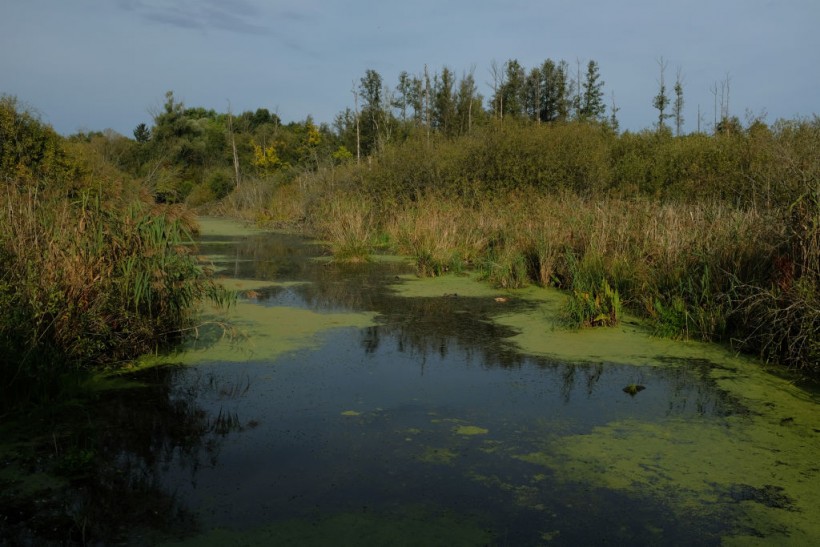
Zoology
Zoology is the scientific study of animals, encompassing topics related to the biology, behaviour, structure, evolution, classification, and distribution of animals.
Zoology is the scientific study of animals, encompassing topics related to the biology,... View more
Terrestrial Species in Tropical Areas Vulnerable to 39% Decline Between 2041 to 2060
-
Terrestrial Species in Tropical Areas Vulnerable to 39% Decline Between 2041 to 2060
Researchers discovered that climate change can affect terrestrial species in tropical areas, vulnerable to decline between 2041 and 2060.
Climate change has been a major concern for many scientists and experts. The increasing emissions have caused alarming impacts on communities and wildlife.
In recent Nature World News (NWN), climate change can potentially intensify extreme weather events, from wildfires, hurricanes, storms, and prolonged drought. Understanding its effects is important for mitigation and conservation plans.
Additionally, the effects of climate change have devastated significant habitats for animals, including terrestrial and marine species. Many marine animals are sensitive to temperature fluctuation, which worsens climate change.
Terrestrial Species in tropical areas decline due to climate change

Tegeler Fliess Wetlands Nature Reserve. Researchers raised concerns about the impacts of climate change on terrestrial species in tropical areas. The report highlights that 39% is vulnerable to decline between 2041 to 2060. (Photo : Sean Gallup/Getty Images) In a report published on May 30, researchers examined the possible extinction risk of marine and terrestrial species and the extent of climate change’s impacts. The research findings were published in Nature Ecology and Evolution.
The report reassessed the extinction risk using forecasts, showing a 39% reduction in tropical species diversity from 2041 to 2060, different from the first 54% forecast. While the species adapted to changing environmental conditions, the overwhelming rise of temperatures and climate change can affect marine and terrestrial animals.
The model incorporates species’ possible adaptation to climatic conditions in reassessing the possible impacts. In addition to climate change, marine species have suffered from pollution, ocean noise, plastic threats, and vessel strikes.
Protecting marine biodiversity, including animals and microorganisms, is crucial for ocean health. It can prevent the decline of many species, especially their extinction potential.
As mentioned in the report, the first traditional estimate of biodiversity loss was 54%. In the new model, the revised prediction reached a 39% decrease.
The researchers considered pre-adaptation, which analyzed past climate conditions. This helped to generate more accurate predictions.
Furthermore, the report highlights the potential that 86% of species and 92% of marine species could manage to expand their climate niches due to pre-adaptation conditions.
Although the extinction risk is moderate or less severe than the first predictions, it is still considered alarming. Urgent efforts are needed to mitigate the decline and protect terrestrial and marine species.
Researchers noted the importance of improving ecological models to produce better extinction insights and improve understanding of species’ responses to climate change.
Also Read: Coastal Communities Face Heightened Risk of Simultaneous Heatwaves and Sea Level Surge
Climate change impacts on coastal habitats, sea level rise
In recent Nature World News (NWN) reports, climate change has been attributed to sea level rise and decline in coastal habitats. Researchers noted that coastal communities are threatened by heat waves and sea level rise.
In addition, the El Nino phenomenon has exacerbated the climate change effects, causing potential sea-level rise.
Related Article: El Nino Phenomenon, Climate Change Increase Sea-Level Rise From 2014 to 2016, New Report Shows
For more similar stories, don’t forget to follow Nature World News.
© 2024 NatureWorldNews.com All rights reserved. Do not reproduce without permission.
Sorry, there were no replies found.
Log in to reply.
